History of WhatsApp
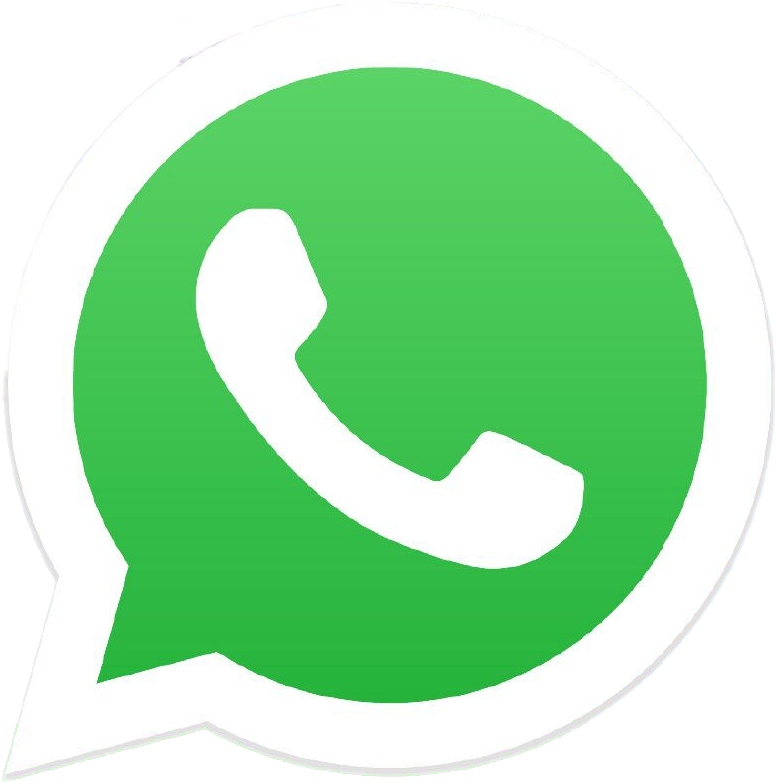
From humble beginnings, WhatsApp has grown exponentially thanks to its ease of use and excellent features. However, it wasn’t easy climb to the top of the messaging charts for this remarkable app. Let’s see how it has grown over the years.
WhatsApp was founded by Brian Acton and Jan Koum in 2009. Both Acton and Koum were former employees (developers) of Yahoo!. They came up with the idea of creating a messaging app with the goal of providing a simple, reliable, and efficient means of communication.
In 2007, they left Yahoo! and applied for a number of jobs, one of which was at Facebook. Sadly, or rather thankfully, they were turned down and about that time Koum, living off his saving from Yahoo!, purchased an iPhone and immediately saw the app industry as the way forward.

Koum began exploring the possibility of developing an app that would allow mobile users to interact and communicate with each other better than with what was currently available. Teaming up with Acton, they began to develop the foundation of WhatsApp, which was to sound like ‘What’s up‘ and finally release the app to a welcome audience. With financial help to the tune of $250,000 the now growing team of WhatsApp developers took the app from an audience of just dozens to over 200 million by the end of 2012.
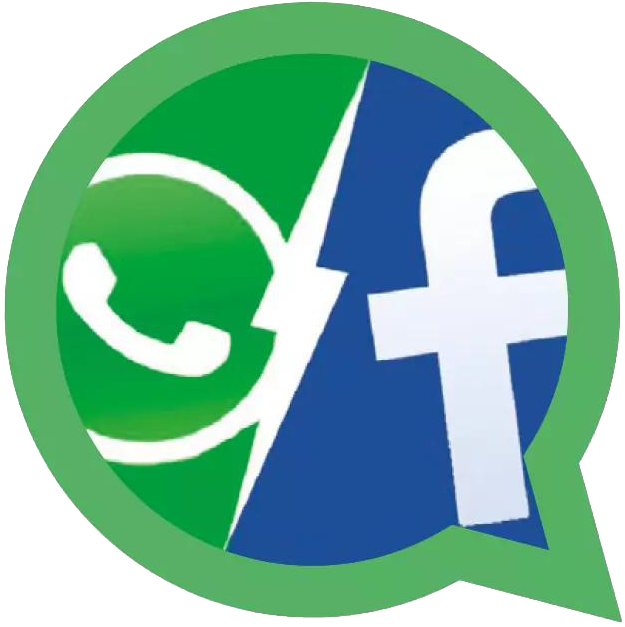
Shortly after, Facebook became interested in buying WhatsApp. In 2014 Facebook (who originally turned Acton and Koum away when they applied for jobs) bought WhatsApp for the princely sum of $19 billion, not a bad investment if you were one of the few to originally support WhatsApp.
In 2016 Facebook announced that WhatsApp would be free to install and use, dropping the $1 annual subscription it had historically charged. Video calls, group video and voice calls were soon added and the was available to both Windows PCs and Apple Macs.
In 2017, WhatsApp began trialing a business edition, allowing companies to provide customer service through the app. The first to take advantage was the Dutch airline KLM, offering customers booking confirmation, check-in notification, boarding passes, flight status updates and an enquiries platform in ten different languages.
In 2021, we got picture and video messages that disappear after being viewed once. In 2022 reacting to messages with any emoji was added, and the following year came the ability to edit messages up to 15 minutes after sending, a relaunched Mac app and hi-def photos and videos. WhatsApp is going from strength to strength.
Here’s a brief timeline of WhatsApp’s history:
2009: Foundation and Launch
- WhatsApp was officially launched in January 2009.
- The founders, Acton and Koum, wanted to create a messaging platform that focused on simplicity and ease of use.
2011: Cross-Platform Availability
- WhatsApp expanded its platform availability, initially supporting only iPhones. It was later made available for Android devices, making it a cross-platform messaging app.
2014: Facebook Acquisition
- In February 2014, Facebook announced its acquisition of WhatsApp for $19 billion, making it one of the largest technology acquisitions in history.
- Despite the acquisition, WhatsApp continued to operate independently.
2016: End-to-End Encryption
- In April 2016, WhatsApp implemented end-to-end encryption for all messages, ensuring that only the intended recipient could read the messages.
2018: WhatsApp Business
- WhatsApp introduced WhatsApp Business, a version of the app designed for small businesses to connect with their customers.
2021: Privacy Policy Controversy
- In January 2021, WhatsApp updated its privacy policy, leading to concerns about data sharing with Facebook.
- The updated policy sparked a significant backlash, with many users expressing concerns about privacy. WhatsApp clarified that personal messages remained end-to-end encrypted.
Ongoing Developments
- WhatsApp continues to evolve, introducing new features and improvements regularly. This includes features such as voice and video calls, disappearing messages, and various security enhancements.
WhatsApp has grown to become one of the most widely used messaging platforms globally, with billions of users. It has played a significant role in changing the way people communicate, especially across borders, and has become an essential tool for personal and business communication.

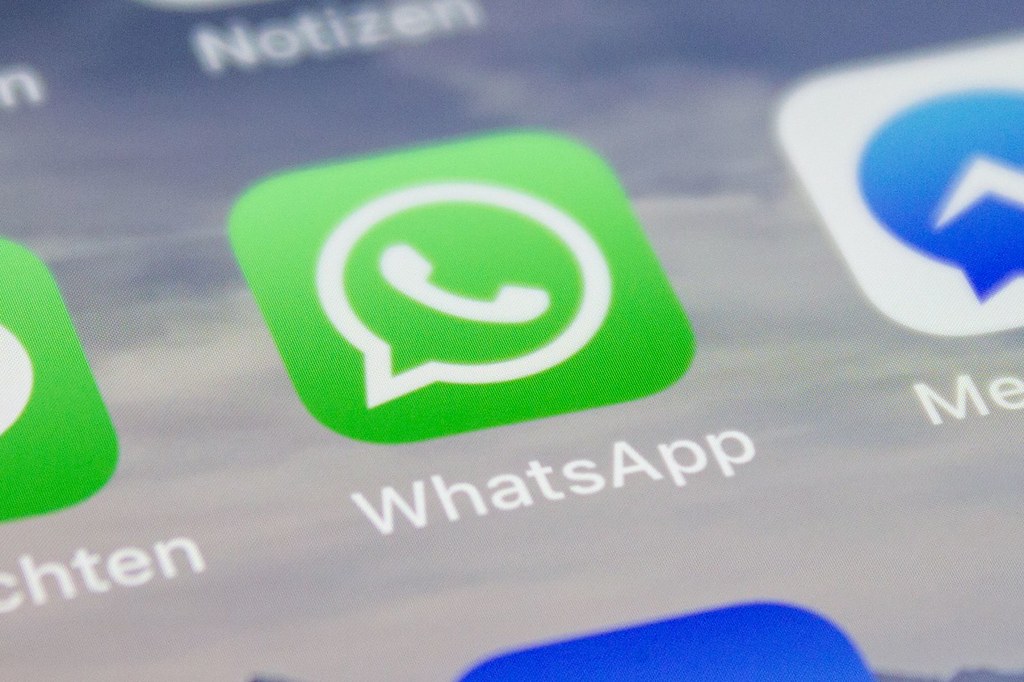
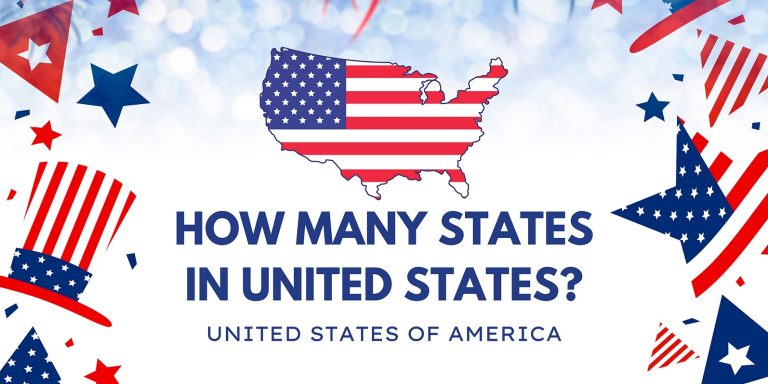

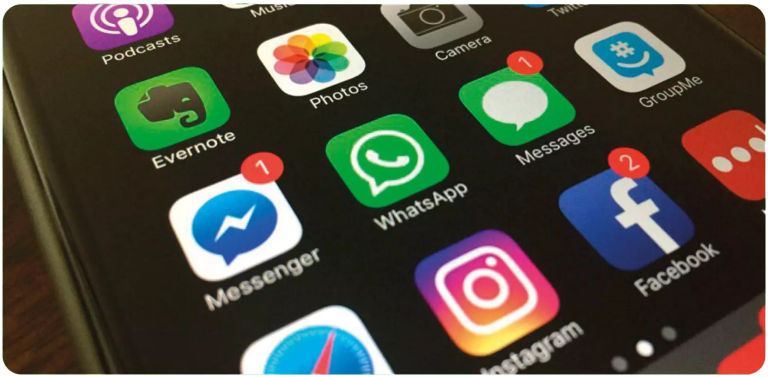



You must be logged in to post a comment.